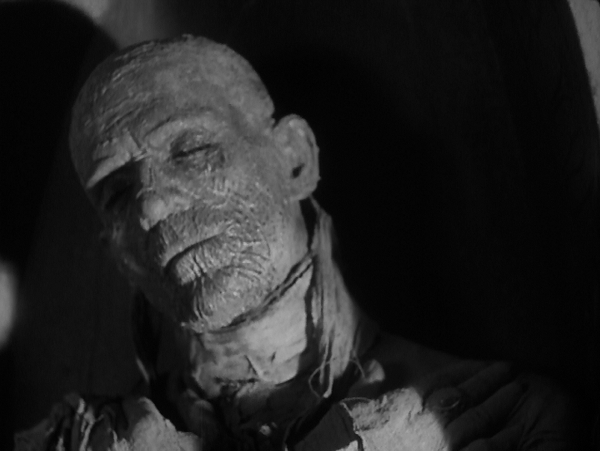
Karloff's mummy Imhotep was only bandage-wrapped for twenty minutes. After that, he transformed into the urbane, sophisticated, magically potent Ardeth Bey, who could pass for human. The follow-up mummy in the Universal series, Kharis, featured in four films between 1940 and 1944, was a stiff-limbed, bandage-wrapped strangler that Jason Voorhees could outrun. And yet, at the core of every mummy film, there's something about the preserved individual from thousands of years past that captures my interest. Unlike the vampire, it does not require sustenance. It is animated purely by magic. Unlike the zombie, the mummy is at least partially sentient. It understands the world around it. My favorite mummies are the Imhotep from the 1932 and 1999 films. A mummy with a mind, who can pass for human, and and no longer fears death because it has already died.
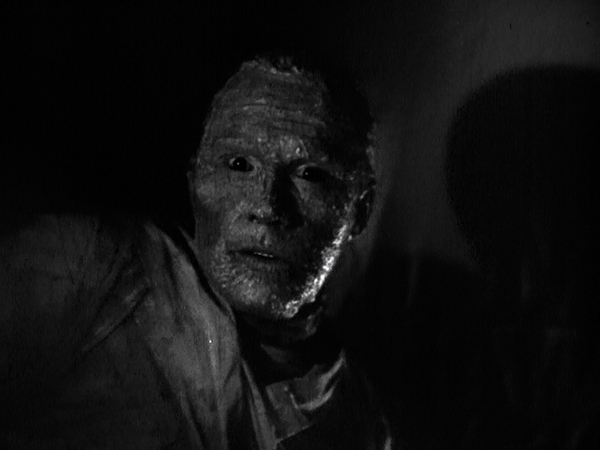
Imagine how terrifying it would be as a mummy? How would the passage of time feel if there was no longer an endpoint? What would it be like to lack biological processes? A mummy, animated by magic, no longer needs to eat or sleep, breathe or excrete. These small things mark time for us. Our stomach tells us time has passed because we're hungry. More time passes, and we get sleepy. What happens when those indicators of the passage of time no longer mean anything, when therer is nothing to break up the day? Ask any insomniac. Sleepless nights are long, without relief. So little is going on, the insomniac is left to wile away the night hours, reading if they can concentrate enough, or watching terrible late-night TV. Yes, I've been there.
What must have been like, to have insomnia before television? Before recoded music? Before inexpensive lighting? Imagine sitting in the dark for long, black hours, unable to sleep while everyone else does. Time crawling by, with the knowledge that the next night, and the next, and all conceivable nights would be as unending as this one. That's the endlessly long dark that I gave to Pharaoh Intef (Horus name Seheratawy, 'Maker of Peace in the Two Lands') as the heart of “In the House of Millions of Years.” How excluded, how alienated the mummy must feel. How long could someone maintain the illusion, to themselves, to others, that they were still human?
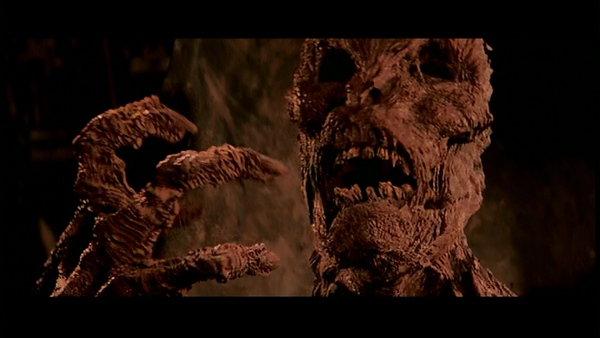
In most mummy films, one element carries over from the old life. Desire. The mummy falls in love with the woman of his past, whether she is reincarnated, or a lovely target of opportunity. This is where I departed from other mummies of film and prose. Without organs, with a dried, withered body, would it be possible to love? To feel affection? Or could that depart as quickly as the feeling of humanity? What are you if you cannot feel these emotions? This is what I explore in my story, the inhumanity of someone who no longer feels, no longer has those small moments that mark time. Someone who was human, but no longer is.
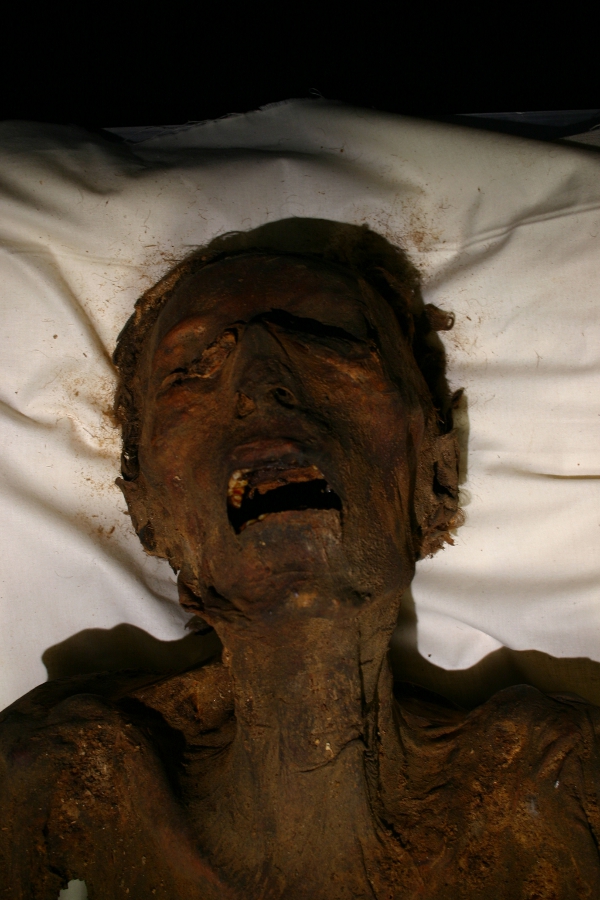
Undead and Unbound, which includes magnificent stories by Cody Goodfellow, Damien Walters Grintalis, Peter Rawlik, Glynn Owen Barrass, Willie Meikle, Mercedes M. Yardley, and many wonderful others, is available directly from Chaosium, from Amazon, and your local bookstore.
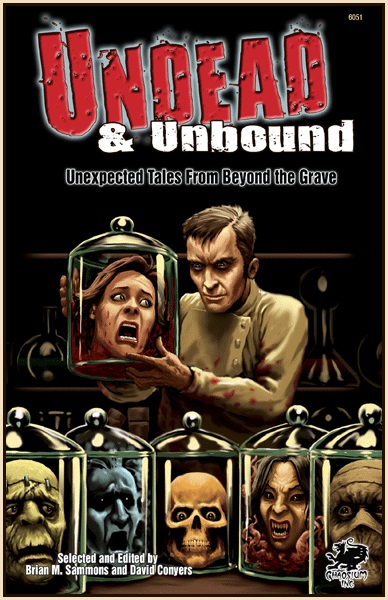
No comments:
Post a Comment